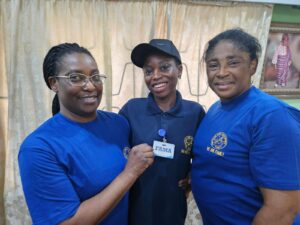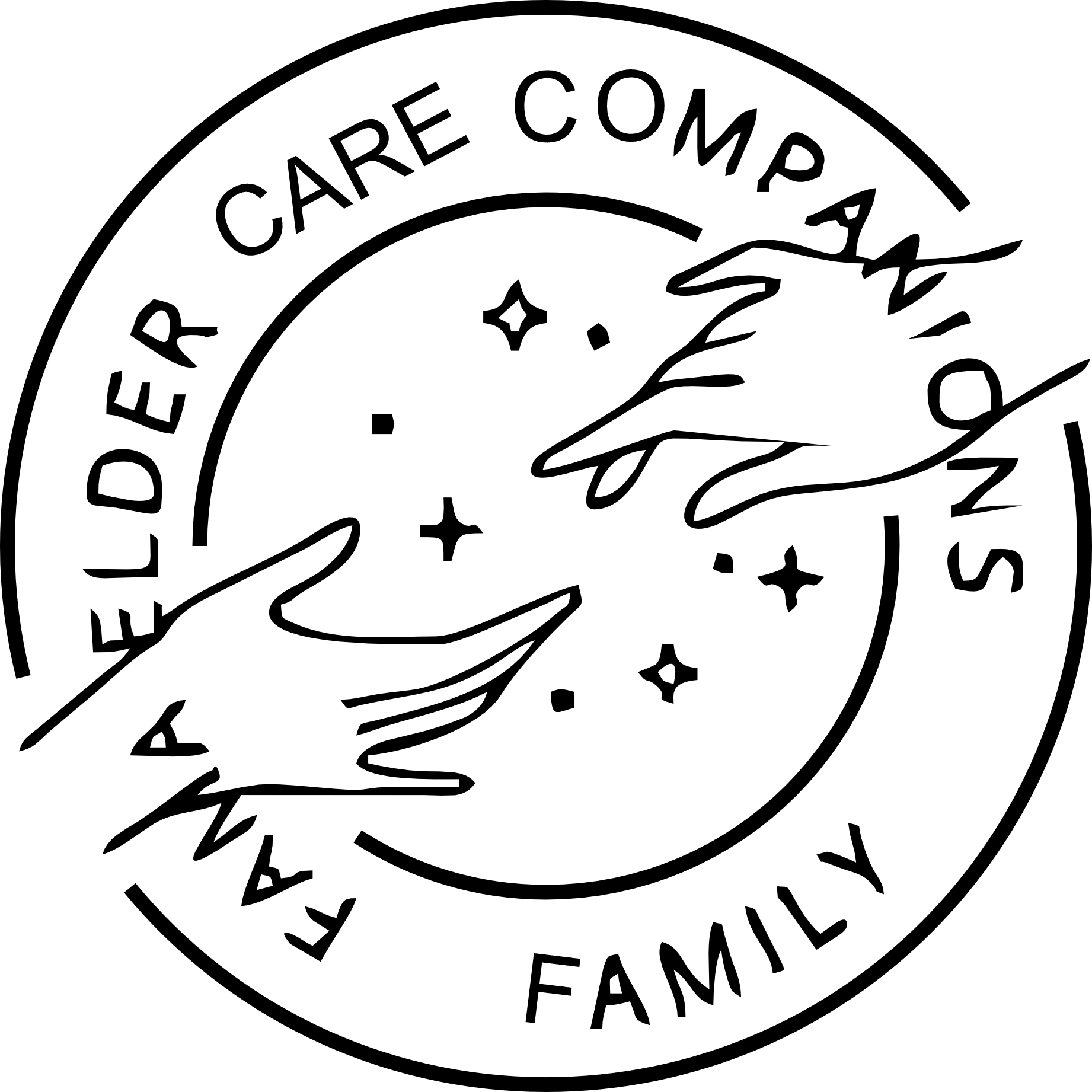 Benefits Of Caregiver To The Elderly And Little Ones in our Society:
Benefits Of Caregiver To The Elderly And Little Ones in our Society:
- Improved Quality of Life: Caregiver organizations provide training, resources, and support to caregivers, enabling them to deliver high-quality care to the elderly. This improves the elderly’s overall quality of life, enabling them to live comfortably and maintain their dignity (Kane et al., 2015).
- Increased Social Interaction: Caregiver organizations often provide opportunities for social interaction, reducing feelings of loneliness and isolation among the elderly. Social interaction is essential for mental and emotional well-being, particularly among older adults (Cohen et al., 2015).
- Respite Care: Caregiver organizations offer respite care services, providing temporary relief to caregivers and giving them a much-needed break. This helps prevent caregiver burnout and enables caregivers to recharge (Zarit et al., 2017).
Benefits of Caregiver to Little Ones:
- Early Childhood Development: Caregiver organizations that support young families provide resources and services that promote early childhood development. This includes parenting classes, childcare services, and support groups, all of which contribute to healthy child development (Shonkoff et al., 2012).
- Improved Parenting Skills: Caregiver organizations offer training and support to parents, helping them develop essential parenting skills. This includes managing behavior, promoting healthy development, and creating a nurturing environment (Webster-Stratton et al., 2011).
- Support for Vulnerable Families: Caregiver organizations often target vulnerable families, providing them with essential support and resources. This includes food, clothing, and healthcare services, all of which are critical for healthy child development (Bradley et al., 2017).
Benefits to Caregivers:
- Reduced Stress and Burnout: Caregiver organizations provide support and resources to caregivers, helping them manage stress and prevent burnout. This includes respite care, counseling, and support groups (Zarit et al., 2017).
- Increased Confidence: Caregiver organizations offer training and support, enabling caregivers to develop essential caregiving skills. This increases their confidence, enabling them to deliver high-quality care (Kane et al., 2015).
- Improved Mental and Physical Health: Caregiver organizations provide resources and services that promote caregivers’ mental and physical health. This includes health screenings, counseling, and wellness programs (Cohen et al., 2015).
Examples of Caregiver Organizations:
- National Caregivers Alliance: A non-profit organization that provides support and resources to caregivers.
- AARP Caregiving Resource Center: A website that offers resources, tools, and support for caregivers.
- Family Caregiver Alliance: A non-profit organization that provides support, education, and resources to caregivers.
#Conclusion
In conclusion, caregiver organization plays a vital role in supporting the elderly and little ones in society. These organizations provide essential services, resources, and support to caregivers, enabling them to deliver high-quality care to their loved ones. By promoting caregiver well-being and providing opportunities for social interaction, respite care, and support, caregiver organizations contribute significantly to the well-being and quality of life of the elderly and little ones.
References:
Bradley, R. H., & Corwyn, R. F. (2017). Externalizing problems in children and adolescents. Journal of Child Psychology and Psychiatry, 58(3), 261-272.
Cohen, S., et al. (2015). Chronic stress, glucocorticoid receptor resistance, inflammation, and disease risk. PNAS, 112(16), 5935-5944.
Kane, R. A., et al. (2015). Effects of caregiver training on patient outcomes: A systematic review. Journal of the American Geriatrics Society, 63(5), 933-941.
Shonkoff, J. P., & Phillips, D. A. (2012). From neurons to neighborhoods: The science of early childhood development. National Academies Press.
Webster-Stratton, C. (2011). The Incredible Years Parents, Teachers, and Children Training Series. Umbrella Press.
Zarit, S. H., et al. (2017). Caregiver burden and stress: A systematic review. Journal of Aging Research, 2017, 1-13.
Websites: 
